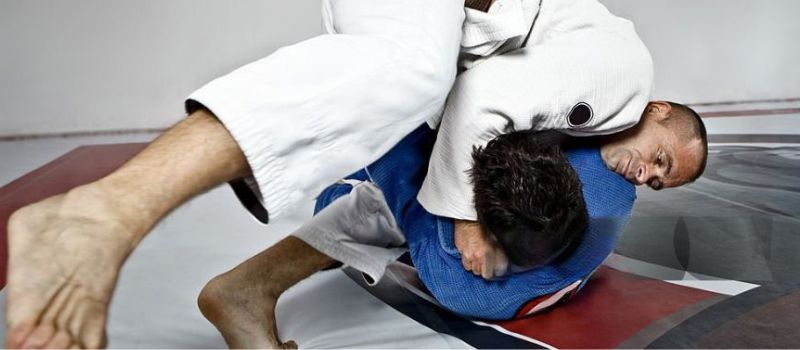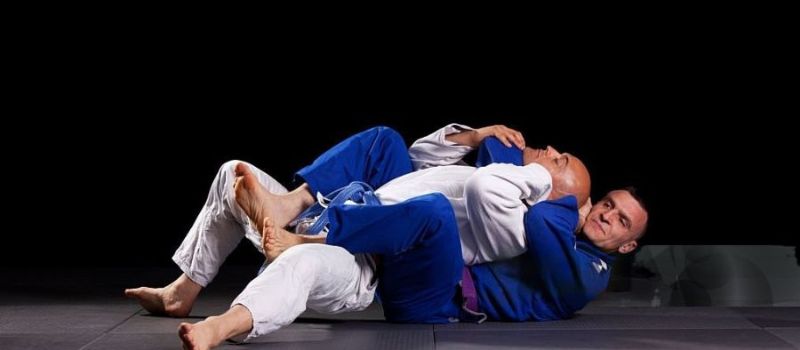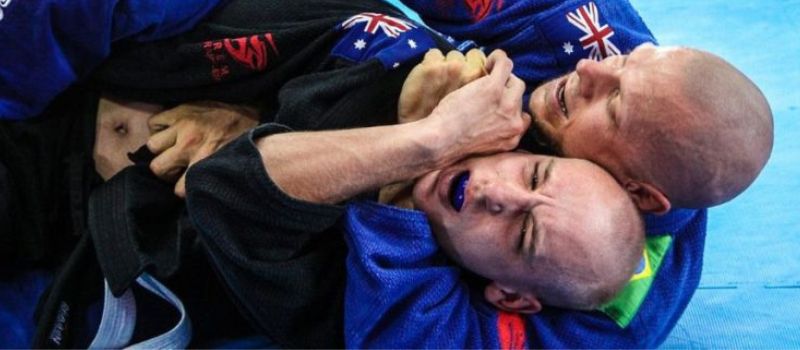If you’ve ever considered delving into the realm of martial arts, you’ve likely come across the intriguing disciplines of Judo vs Jiu Jitsu. Both martial arts are highly respected for their grappling techniques and self-defense applications. However, understanding the nuances that set Judo and Jiu Jitsu apart is crucial in determining which fighting style suits you best. In this comprehensive guide, we will explore the key differences between brazilian jiu jitsu vs judo, their respective focuses, scoring systems, and more. So, let’s embark on this journey of discovery and find out which path resonates with you.
The Focus of Judo vs Jiu Jitsu
Both Judo vs Jiu Jitsu share a common foundation of grappling, but their emphases differ significantly. Judo places greater emphasis on standing techniques, while Jiu Jitsu primarily focuses on ground techniques.
Judo: The Art of Throws and Takedowns
In Judo, the majority of training is dedicated to mastering throws and takedowns. You will spend considerable time honing your skills in starting on your feet and executing powerful throws with precision. Judo training encompasses learning how to fall safely, footwork for executing throws, and the art of immobilizing opponents on the ground. While Judo does include ground techniques and submissions, they are not as extensively covered as in Jiu Jitsu

Jiu Jitsu: The Art of Ground Fighting
Conversely, Jiu Jitsu places a heavier emphasis on ground techniques. In a typical Jiu Jitsu class, you will learn how to take a fight to the ground and navigate various positions such as mount, guard, and side control. The curriculum focuses on survival, defense, and effective attacks from the ground. Techniques such as escaping from mount, working for submissions from the turtle position, and executing sweeps are fundamental components of Jiu Jitsu training.

Scoring Systems and Rules
Judo competitions feature a scoring system designed to reward effective throws, pins, and submissions. To secure victory in Judo, there are five different methods:
- Throws:
Throwing an opponent with force and speed, causing them to land on their back. - Pins:
Holding an opponent on the ground for a minimum of 20 seconds. - Chokes:
Applying a chokehold to force an opponent to submit. - Armlocks:
Executing an armlock to force an opponent to submit. - Referee’s Decision:
In the absence of a clear victory through throws, pins, or submissions, the referee determines the winner based on overall performance and technique.
Jiu Jitsu Scoring System and Rules
Jiu Jitsu tournaments often adopt one of two styles: point system/submission/time limit or submission-only formats. While submissions such as joint locks and chokes are the primary means of securing victory in Jiu Jitsu, there is also a point system to recognize positional dominance and control. The points are awarded for achieving advantageous positions such as mount, back control, and passing the guard. However, unlike Judo, Jiu Jitsu competitions can also end by a referee’s decision if there is no submission or clear advantage.
The Fighting Philosophy of Judo vs Jiu Jitsu
At the core of jujitsu vs judo lies a shared philosophy of combining the strengths of both martial arts. While each discipline is taught individually, the true power lies in integrating their techniques to create a well-rounded fighting style suitable for both sport and self-defense.
The team at Absolute MMA in West Jordan, Utah, believes in harmoniously blending the principles of jujitsu vs judo to enhance the effectiveness of their students. By instilling the confidence to engage with standing opponents and the proficiency to navigate ground fighting, Absolute MMA aims to create versatile grapplers capable of excelling in various martial arts disciplines.

Judo vs Jiu Jitsu: Which Style Suits You?
Now that you have a deeper understanding of the distinctions between jujitsu vs judo it’s time to decide which martial art aligns with your goals and aspirations. To help you make an informed choice, consider the following factors:
- Fighting Style Preference:
Do you enjoy the dynamic throws and takedowns of Judo, or are you more drawn to the strategic ground fighting of Jiu Jitsu? - Self-Defense Focus:
Are you primarily interested in learning practical self-defense techniques for real-life situations? - Competition Goals:
Are you considering competing in Judo or Jiu Jitsu tournaments? - Fitness and Conditioning:
Which martial art aligns better with your fitness and conditioning goals? - Training Environment:
Visit local Judo and Jiu Jitsu gyms to get a feel for the training atmosphere and instructors’ approach.
Ultimately, the decision between brazilian jiu jitsu vs judo rests on your personal preferences, goals, and the availability of quality training facilities in your area. Whichever path you choose, remember that both Judo and Jiu Jitsu offer endless opportunities for personal growth, skill development, and the cultivation of discipline and resilience.
Conclusion
Judo vs Jiu Jitsu, while sharing the common thread of grappling, possess distinctive characteristics that set them apart. By understanding the focus, scoring systems, and philosophies of these martial arts, you can make an informed decision on which path to pursue. Whether you choose the dynamic throws of Judo or the strategic ground fighting of Jiu Jitsu, both disciplines offer endless opportunities for personal growth, physical fitness, and self-defense skills. So, embark on your martial arts journey with confidence and determination, and let the transformative power of Judo or Jiu Jitsu guide you towards becoming a skilled and resilient martial artist.
Frequently Asked Questions (FAQs)
Q: What is the difference between Judo vs Jiu Jitsu?
A: The main difference lies in their focus. Judo emphasizes standing techniques and throws, while Jiu Jitsu focuses on ground fighting and submissions.
Q: Is Judo the same as Jiu Jitsu?
A: No, they are distinct martial arts with different techniques, training methods, and philosophies.
Q: Can Judo be used for self-defense?
A: Yes, Judo’s throws and takedowns are effective for self-defense situations. However, Jiu Jitsu’s emphasis on ground fighting may provide additional advantages in certain scenarios.
Q: Which martial art is better for beginners?
A: Both Judo and Jiu Jitsu are beginner-friendly and offer excellent foundations for learning martial arts. It ultimately depends on your preferences and goals.
Q: Can I train in both Judo vs Jiu Jitsu simultaneously?
A: Yes, many practitioners train in both disciplines to develop a well-rounded skill set.
Feel free to comment down there,what you think about this blog


